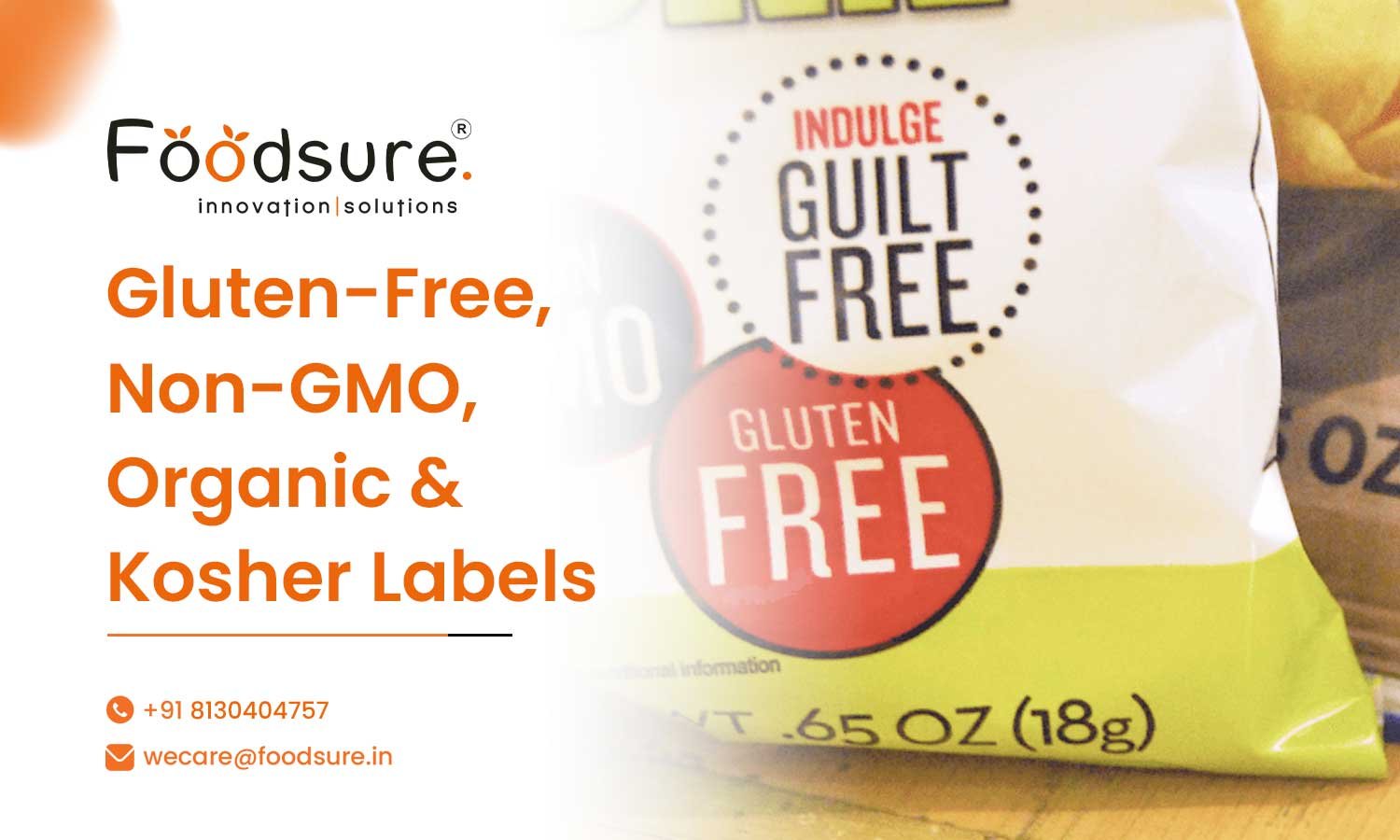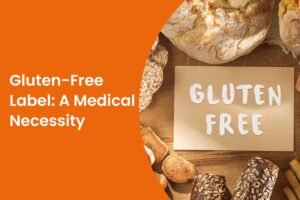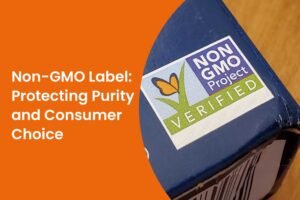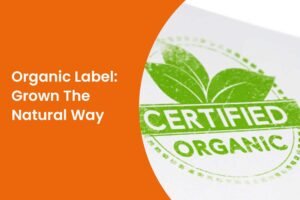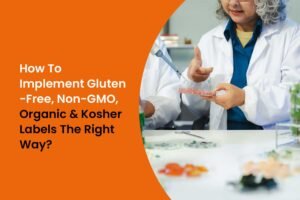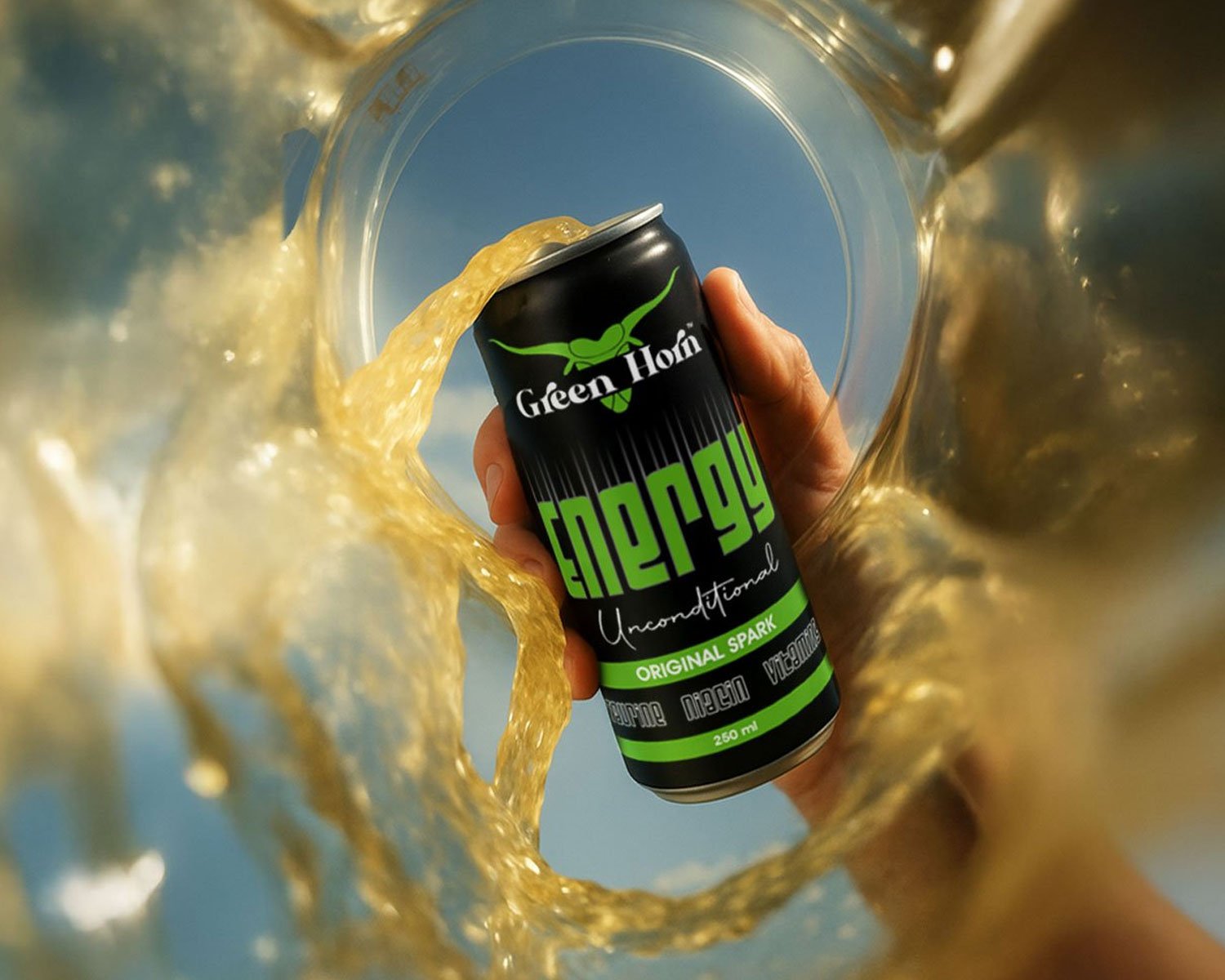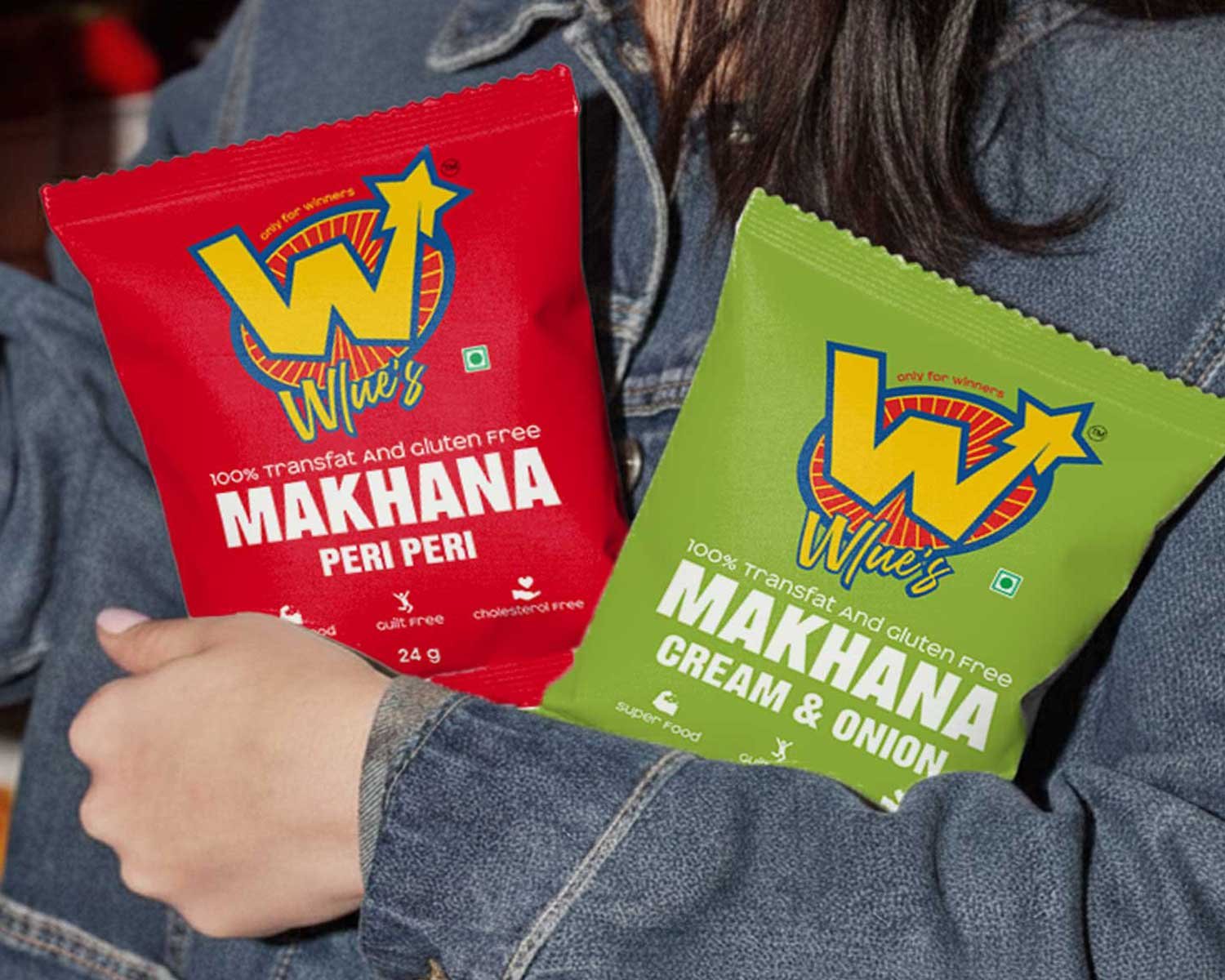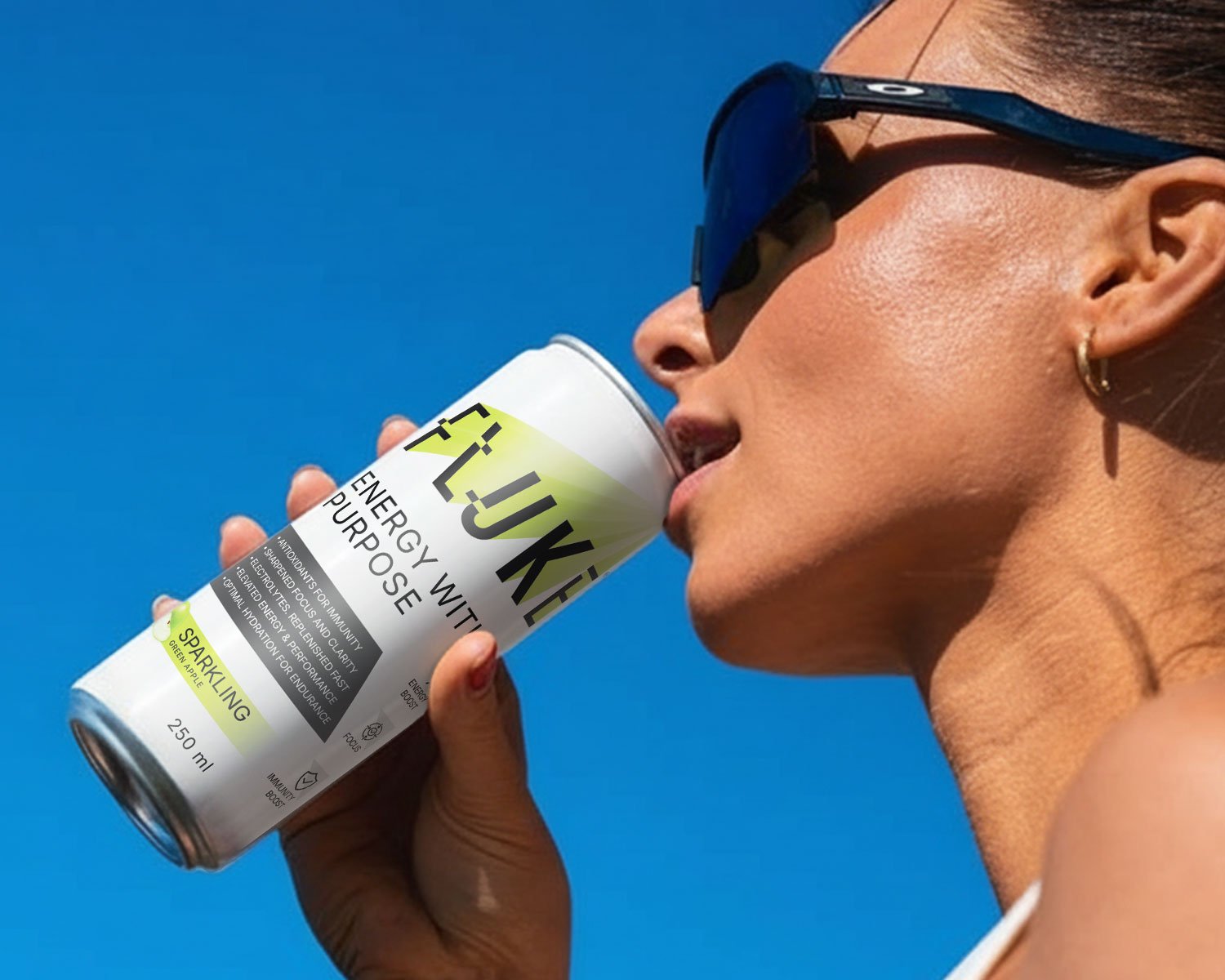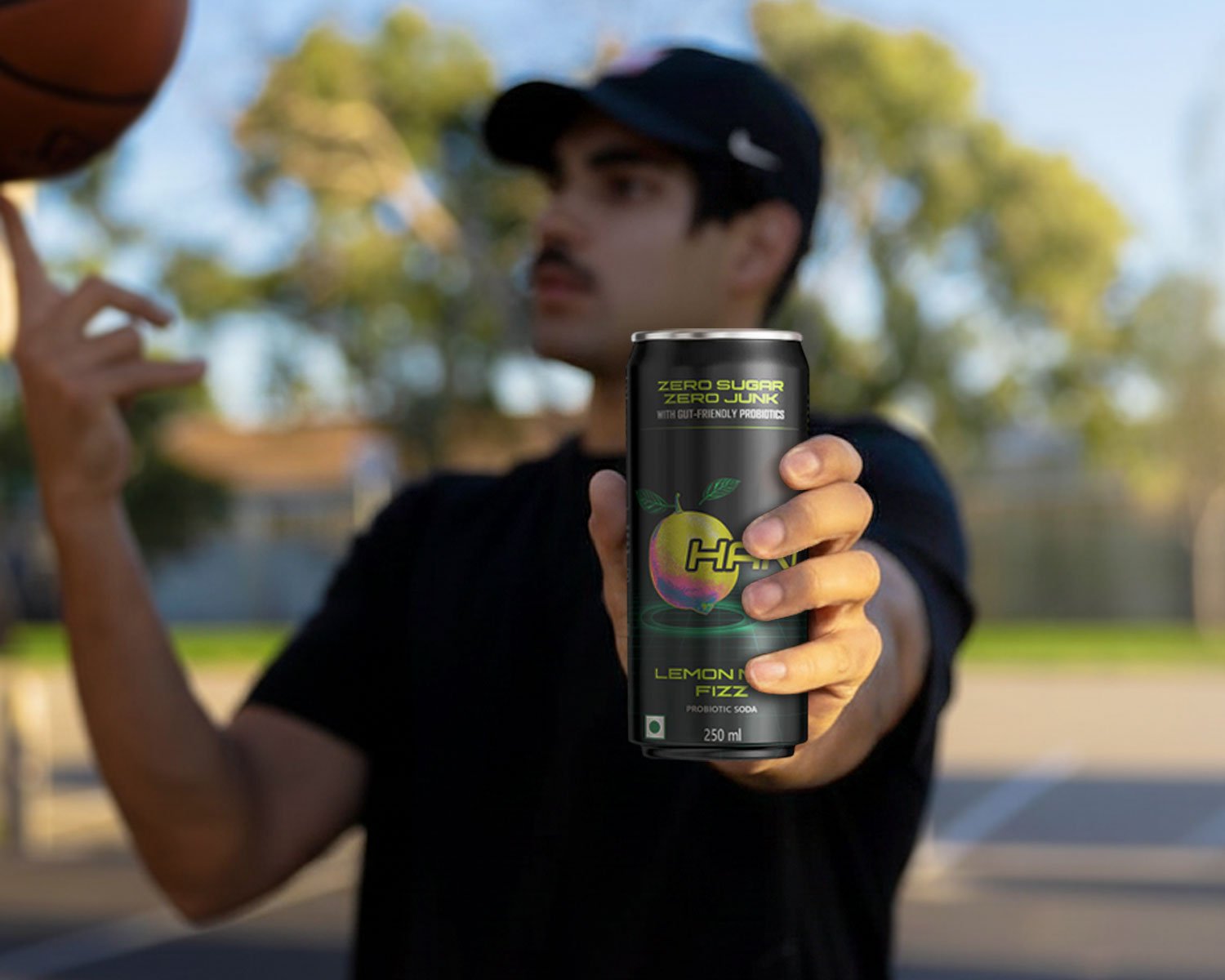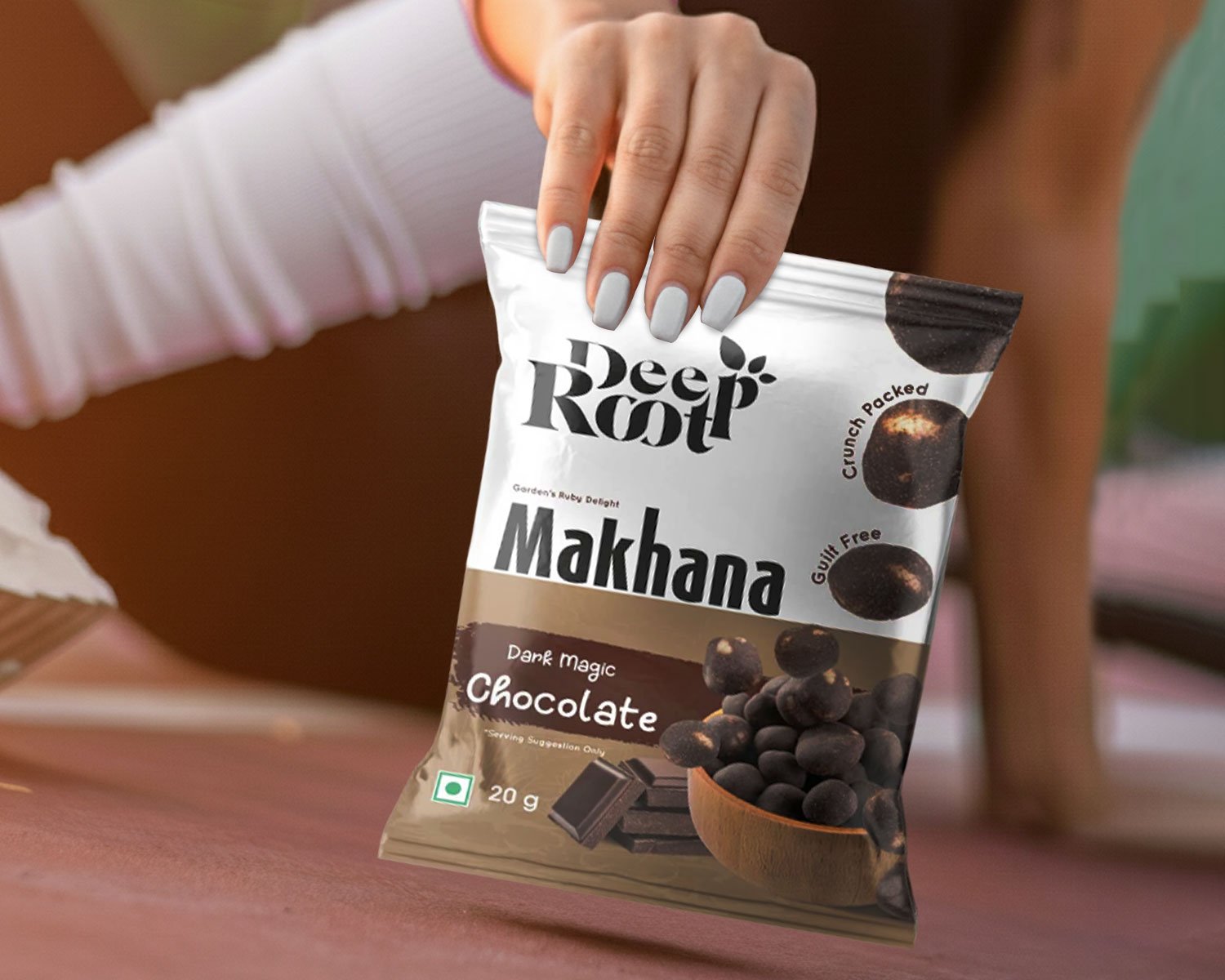Every year, global food regulators issue thousands of violations for mislabeling food products, and most of them are ‘honest mistakes’ made by big food brands. In the rush of food production, most food and beverage brands ignore the labelling details on the product. A supplier misses an update, the packaging team adds “gluten-free” without testing, or the co-manufacturer skips the certification process. The result? Your food product is rejected, and your brand has to face fines, recalls, or worse, lost consumer trust.
Terms like gluten free label, non-GMO, organic & kosher labels have strict legal and audit requirements. One weak link in your process can lead to recalls, penalties, and damaged trust.
If your brand stands for quality, getting the right certification for your brand is non-negotiable. Let’s explore what the gluten-free, non-GMO, organic & kosher labels are and how they should be implemented in your food and beverage product.
Gluten Free Label: A Medical Necessity
A gluten free label in food product development means that the product contains less than 20 ppm of gluten, as defined by the U.S. FDA and Codex Alimentarius. This gluten-free certification for food brands protects people with celiac disease, gluten sensitivity, or wheat allergies, for whom even trace amounts of gluten can cause serious health issues.
Gluten free label contains a peptide known as gliadin, which can’t be fully digested and causes a reaction in the immune systems of some people. In celiac disease, this results in damage to the small intestine, poor nutrient absorption, and long-term issues like anemia or bone loss.
To meet the gluten-free production facility requirements, food and beverage brands should prevent cross-contamination at every step, from sourcing to packaging. Even oats, though naturally gluten-free, require gluten-free certification India if processed near wheat.
🚀 Go Gluten-Free & Win Customer Trust!
Stand out in the market with Foodsure’s Proven Gluten-Free Strategy.
Formulation ✅ Certification ✅ Consumer Confidence ✅
Non-GMO Label: Protecting Purity and Consumer Choice
The Non-GMO label in food and beverage product development assures consumers that a food product contains no genetically modified organisms, like engineered corn, soy, or canola. Though the agencies like the FDA and the WHO have approved GMOs to be safe but many consumers are still concerned about long-term health and environmental effects on their bodies.
GMO crops are made using tools like CRISPR or recombinant DNA to improve yield or pest resistance, but they also raise concerns about biodiversity loss and seed control.
Food labeling laws now reflect the growing transparency demands of consumers. The EU mandates GMO labels above 0.9% content, while the U.S. requires disclosure under the National Bioengineered Food Disclosure Standard. The Non-GMO Project Verified seal has become a trusted mark in North America, which is proven by testing and supply chain audits.
For food brands, going non-GMO food labeling compliance means strict sourcing, segregation, and documentation, which serve as a powerful clean-label differentiator when combined with organic or allergen-free claims. To meet this, non-GMO labeling consultants in India can help you.
Organic Label: Grown The Natural Way
The organic label is one of the most comprehensive in food certification. It regulates not only what is in your food but also how it is grown and handled. Certified organic products are made without synthetic pesticides, GMOs, antibiotics, or irradiation, and with a focus on soil health, biodiversity, and animal welfare.
Studies show organic crops mostly have higher antioxidant levels and lower pesticide residues, while organic farming improves soil microbes, reduces pollution, and supports sustainability.
In the U.S., organic food certification agency follows USDA NOP standards; in India, it is regulated by NPOP and marked by the Jaivik Bharat logo. The food and beverage labels range from “100% Organic” to “Made with Organic Ingredients,” depending on content.
Achieving organic status requires strict documentation, a 3-year farmland transition, and annual inspections. Though the process is demanding, it opens doors to premium markets and loyal, health-conscious consumers. Get connected with the best organic certification consultants India to achieve this certification for your food and beverage business.
Kosher Label: Faith, Purity, and Precise Process
The kosher label shows that a product follows Jewish dietary laws (Kashrut), which covers not just ingredients but also preparation methods, equipment, and supervision by trained rabbis.
Key rules in kosher certification for export from India include avoiding pork and shellfish, separating meat and dairy, and using approved slaughter methods (shechita). Even cleaning agents and utensils must meet kosher standards and ensure a proper certification of purity and traceability.
Kosher foods are also trusted by non-Jewish consumers, including Muslims, vegetarians, and people with allergies, because of their strict inspection protocols and clear labeling.
Top certifiers include Orthodox Union (OU), OK Kosher, Star-K, and Kof-K. Certification involves audits, ingredient checks, and rabbinical supervision, and can help brands access large export markets like the U.S., Israel, and Europe.
Why Gluten-Free, Non-GMO, Organic & Kosher Labels Matter For Brands And Consumers?
In a crowded food marketplace, clean-label certifications serve as trust signals. For consumers they give quick clarity about safety, ethics, and values. For brands, they provide differentiation, regulatory compliance, and market expansion. Reports show that over 70% of consumers globally check for third-party labels when buying packaged foods.
Gluten-free labels are important for consumers with celiac disease and gluten intolerance, while Non-GMO and Organic appeal to health-conscious and environmentally aware shoppers. Kosher certification, though religious in origin, is now also associated with cleanliness and quality.
For food brands, these labels are more than just stickers. They require deep integration into product development, ingredient sourcing, manufacturing protocols, and documentation practices. Without proper validation, misusing these labels can lead to regulatory penalties, consumer backlash, or product recalls.
How To Implement Gluten-Free, Non-GMO, Organic & Kosher Labels The Right Way?
- Achieving and maintaining food labeling certifications needs a proactive strategy from day one. Start by identifying which labels match your food and beverage product promise and target audience. Work only with suppliers who can provide verified documentation and be prepared for ingredient audits. For allergen-sensitive or faith-based labels like gluten-free and kosher, invest in segregated production lines and sanitation protocols.
- Maintain accurate records of every ingredient batch, test results, and facility inspection. These documents will be essential during annual audits or in case of regulatory review. Engage with certification bodies early and consider working with food consultants who specialize in label compliance to speed up the process and avoid costly reformulations.
- Gluten free label certifications may come with costs and paperwork, but they give immense return through increased consumer trust, retail shelf space, and export readiness. Especially for beverage startups entering competitive niches like snacks, beverages, or health foods, these labels can be the difference between getting noticed and getting overlooked.
Certify With Confidence, Grow With Trust!
Labels like gluten free label, non-GMO, organic, and kosher are more than marketing; they are promises your brand must deliver. But real certification takes more than a logo. It takes accuracy, audits, and the right partners.
At Foodsure, we help you meet global standards and avoid costly mistakes. Your gluten free label builds trust, not risk. Reach out to us on +91 8130404757
Start your certification journey with experts who get it right, every time.
🌟 Ready to Launch a Market-Winning Gluten-Free Product?
Don’t just follow trends—Lead the Gluten-Free Revolution with Foodsure’s
expert formulation, labeling, and compliance solutions.
FAQs
What are the key regulatory requirements for Gluten-Free, Non-GMO, Organic, and Kosher labels?
Each label has strict standards: Gluten-Free (<20 ppm gluten), Non-GMO certified ingredients, Organic verified by accredited bodies, and Kosher approved by recognized authorities. Compliance ensures consumer trust and regulatory adherence.
How can manufacturers ensure accurate labeling for multiple claims?
Manufacturers must implement powerful quality control, ingredient verification, and testing protocols. Using certified suppliers and following FSSAI, FDA, or international standards ensures that Gluten-Free, Non-GMO, Organic, and Kosher claims are valid and safe.
Why are these labels important for product success and consumer trust?
Labels like Gluten-Free, Non-GMO, Organic, and Kosher communicate health, safety, and ethical standards, influencing purchasing decisions. Accurate labeling enhances brand credibility, market reach, and compliance with regulatory requirements.

